Real Reasons Seniors Are So Tired All the Time
A lot of older adults find themselves feeling drained more often than before, even when they get enough sleep. The reasons aren’t always obvious. Age brings changes that affect everything from sleep quality to daily habits and health. Here’s what’s really behind the constant fatigue many seniors notice.
Sleep Isn’t What It Used To Be
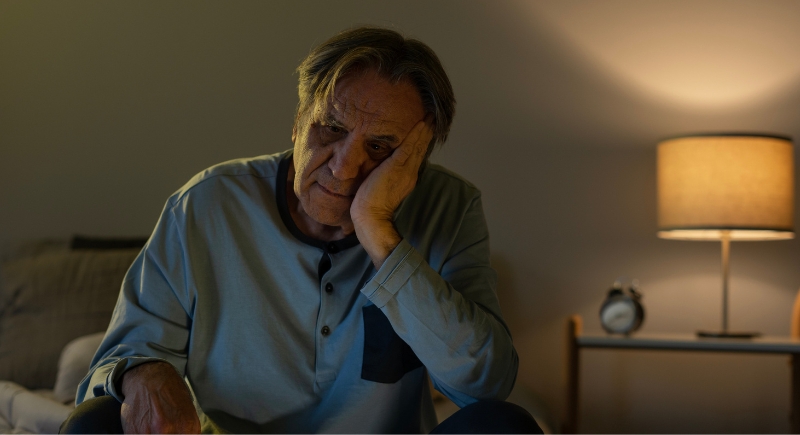
Credit: Getty Images
Seniors often experience waking up frequently through the night or rising too early. According to the National Institute on Aging, these sleep disruptions can reduce energy the next day. Insomnia also becomes more common after 60, which means the body isn’t getting the deep rest it needs to feel restored.
Too Much Time Sitting Around

Credit: pexels
Rest is great, but too much lounging can leave you feeling like a human paperweight. When you skip movement, circulation slows, muscles weaken, and metabolism stalls. A short daily walk or stretching session can jumpstart energy levels way better than an extra hour on the couch.
Underlying Chronic Conditions
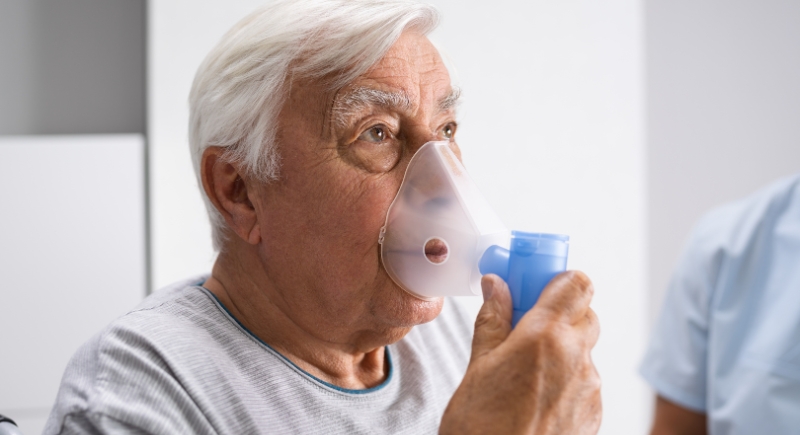
Credit: Getty Images
Diseases like diabetes, heart disease, and COPD often affect how well the body gets oxygen, processes nutrients, or manages pain. Persistent fatigue may be the first noticeable symptom, making it a signal worth paying attention to and discussing with a doctor.
The Side Effects in the Medicine Cabinet
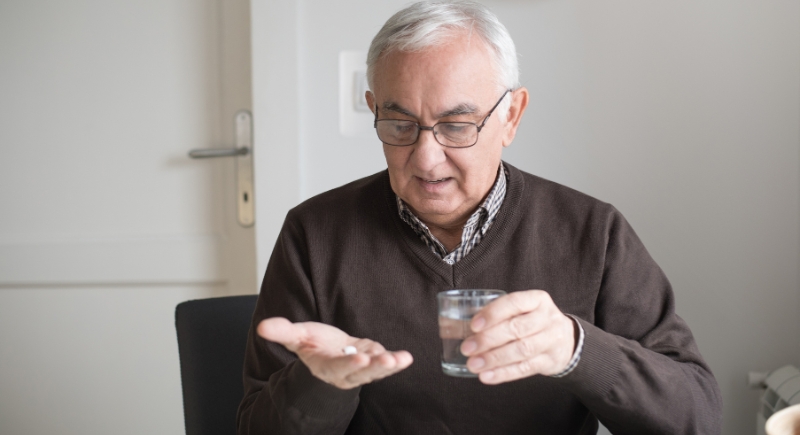
Credit: Getty Images
Diuretics, blood pressure medications, and antihistamines may all contribute to grogginess. The effects can also stack when multiple prescriptions mix. It’s worth reviewing medications with a pharmacist or doctor to rule out unwanted fatigue triggers hiding in plain sight.
Grief Can Be Draining
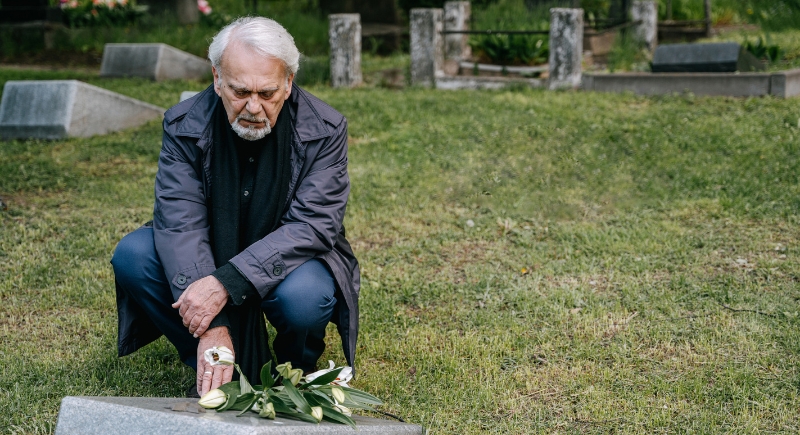
Credit: pexels
Loss hits hard, and it doesn’t just affect the heart. Emotional exhaustion following the loss of a partner, friend, or even a pet can lead to long-term tiredness. Appetite, sleep, and motivation often get thrown off, which makes the body feel heavier even when you’re not doing much.
Low Iron? Low Energy.

Credit: Canva
Anemia is surprisingly common in adults over 65. When the body doesn’t have enough healthy red blood cells to carry oxygen efficiently, fatigue sets in fast. It can also cause dizziness, pale skin, and brain fog. Most cases are linked to iron deficiency or underlying health issues.
Chronic Pain Wears You Down

Credit: Getty Images
Living with daily aches—especially in joints, back, or neck—can steal energy. When the body stays in a near-constant state of tension or inflammation, it works overtime, even at rest. Over time, that wears out both body and mind.
Missing Out on Vitamin D

Credit: Canva
Sunlight helps the body produce vitamin D, which affects energy regulation and mood. However, older adults spend less time outdoors, especially in winter. Low vitamin D has also been linked to psychological distress, such as anxiety and depression.
Hydration Falls Off the Radar

Credit: pixelshot
The older you get, the easier it is to forget to drink enough water, which can lead to serious energy dips. Dehydration thickens the blood, slows circulation, and affects organ function. Medications like diuretics can make things worse.
Loss of Routine Throws Things Off

Credit: Getty Images
Retirement can be freeing, but it also disrupts long-held habits. Our bodies thrive on rhythm, and without structure, sleep cycles and energy levels tend to wobble. Even a simple routine like meals, light movement, and bedtime can stabilize your day.
Postural Changes Affect Circulation
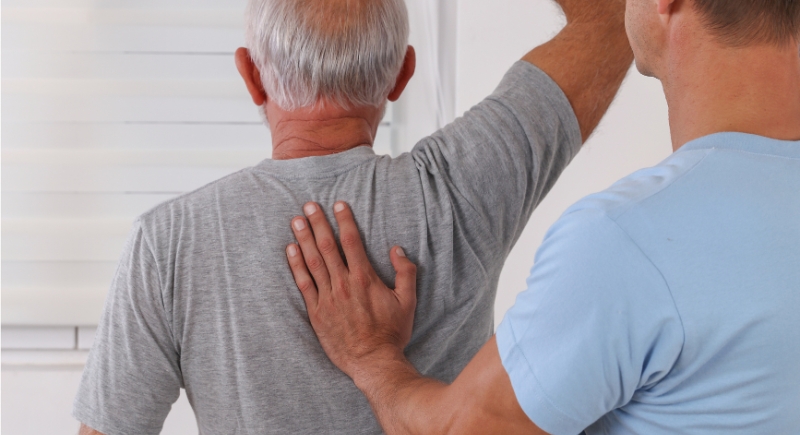
Credit: Getty Images
Rounded shoulders or a stooped back change appearance and restrict blood flow and lung expansion. Poor posture may not seem like a big deal, but it subtly reduces oxygen delivery and contributes to ongoing tiredness. Gentle stretching or physical therapy can improve alignment and ease fatigue.
Sleep Apnea Isn’t Just a Snore
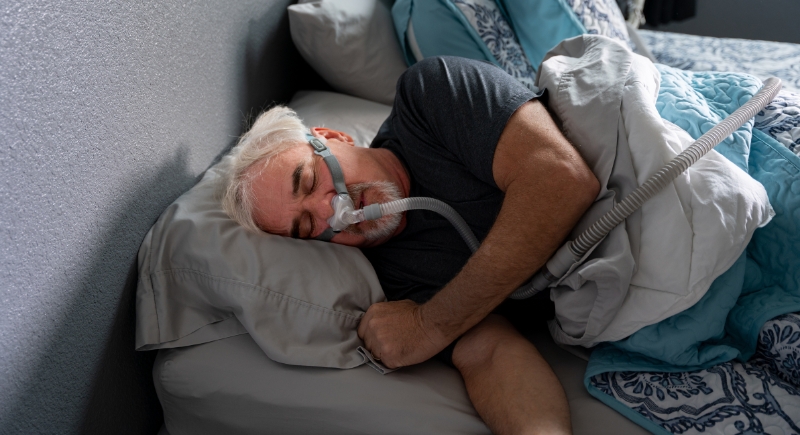
Credit: Getty Images
Loud snoring might seem harmless, but it could signal sleep apnea—a condition in which breathing repeatedly stops during sleep. It disrupts deep rest and leads to morning grogginess, memory lapses, and fatigue. Many people over 60 go undiagnosed, blaming their tiredness on aging instead.
Worry and Anxiety Steal Energy Quietly
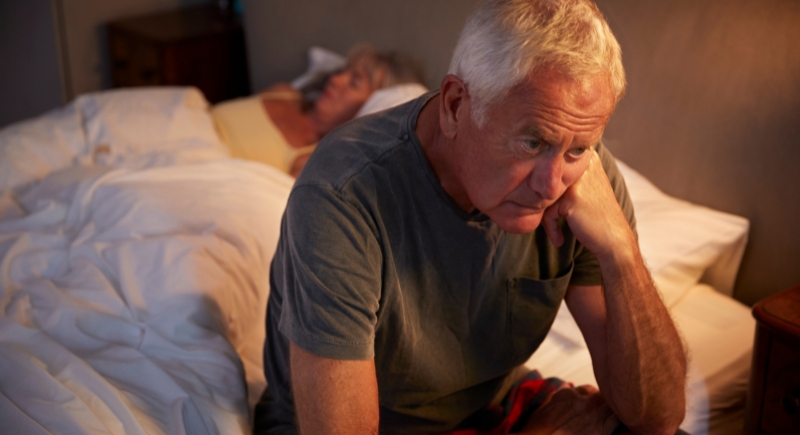
Credit: Canva
Concerns about finances, health, or loved ones can quietly build into anxiety. The constant low-level stress triggers fatigue even if it doesn’t feel overwhelming. It’s like the brain never gets to shut off fully, which keeps the body in a semi-alert, energy-draining state all day.
Too Many Naps Spoil the Night

Credit: Canva
Daytime dozing might feel like a good fix, but overdoing it can backfire. Long or late naps can make falling asleep at night more difficult. Experts recommend limiting naps to 20–30 minutes and keeping them early in the day to avoid interfering with nighttime sleep patterns.
Lack of Social Interaction Can Sap Energy

Credit: Canva
Humans are wired for connection, and loneliness can be surprisingly draining. When social interaction dwindles, energy levels often follow. A quiet home may seem peaceful, but too much isolation contributes to fatigue, especially when it leads to inactivity or low mood.